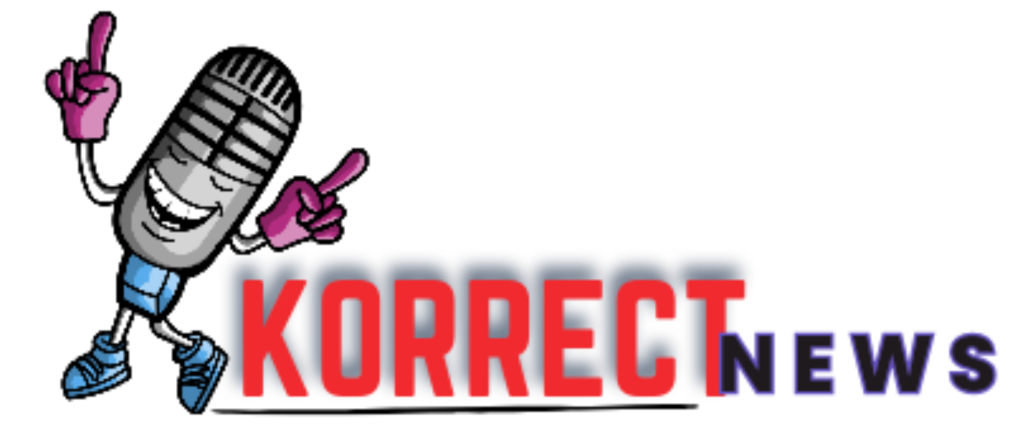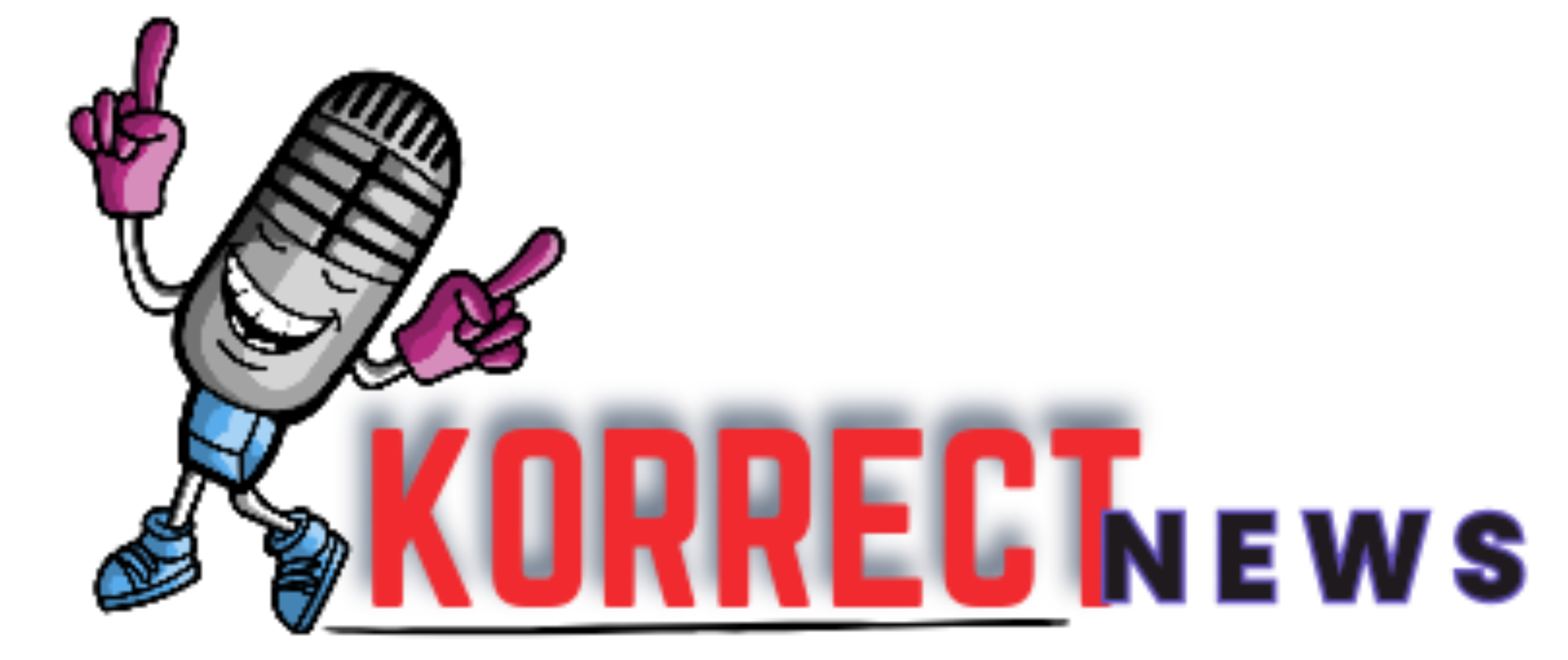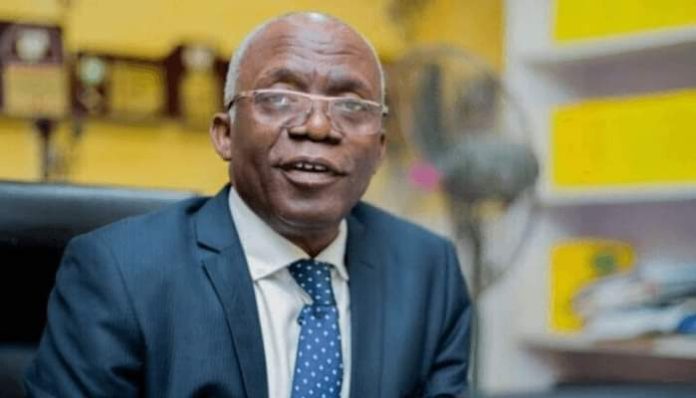Senior Advocate of Nigeria and human rights activist, Femi Falana, has sharply criticized the Nigerian National Petroleum Company Limited (NNPCL) for its decision to set the price of Premium Motor Spirit (PMS) sourced from the Dangote Refinery, labeling the practice as “illegal” in light of the recent deregulation of the petroleum sector.

In a statement released on Tuesday, Falana emphasized that NNPCL’s actions contravene Section 205 of the Petroleum Industry Act (PIA), which stipulates that PMS prices should be dictated by free market forces.
He highlighted that the NNPCL itself acknowledged, on September 5, 2024, that a scarcity of foreign exchange has been affecting PMS pricing, as noted by Adedapo Segun, Executive Vice President of Downstream NNPC Ltd.
Despite these admissions, Falana accused NNPCL of inappropriately fixing prices for PMS produced at the Dangote Refinery, thus undermining the deregulation principles enshrined in the PIA.
He argued that since Dangote’s petrol is produced domestically at the Lekki Economic Free Trade Zone, it should not be priced at ₦950 per litre, especially given the absence of typical import-related costs such as freight and foreign exchange fees.
Falana further criticized NNPCL for its practice of purchasing petrol from Dangote in dollars, countering the Federal Executive Council’s directive that crude oil transactions with the refinery should be conducted in Naira.
He pointed out that this refusal to accept Naira as payment for domestic transactions constitutes a violation of Section 20 of the Central Bank Act, which designates the Naira as the legal tender for local dealings.
Concluding his statement, Falana urged the Federal Competition and Consumer Protection Commission to intervene and prevent NNPCL from monopolizing Dangote’s petrol production.
He called for an environment that allows other marketers to buy and distribute the product directly across Nigeria.
Falana’s remarks come in response to NNPCL’s recent announcement regarding the lifting of PMS from the Dangote Refinery, with prices set at ₦950 per litre in Lagos and exceeding ₦1,000 per litre in northern states, including Borno.
The Independent Petroleum Marketers Association of Nigeria (IPMAN) has also voiced concerns, questioning why locally produced petrol is being sold at higher rates than imported fuel.
As the situation unfolds, stakeholders in the petroleum industry are calling for transparency and adherence to regulatory standards to ensure fair pricing and competition in the market.

